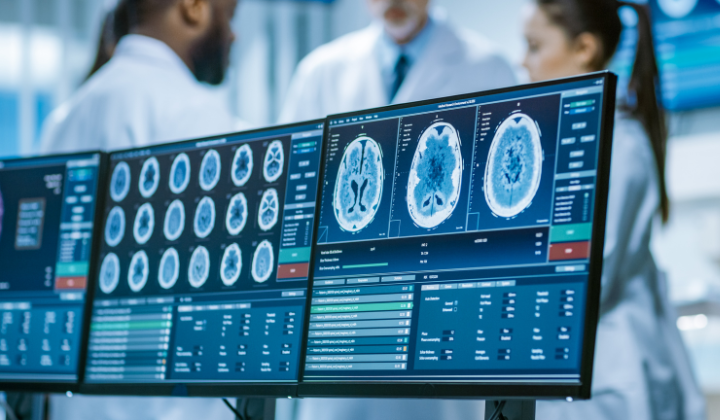Funding for Parkinson’s Disease Treatments Targeting the Gut Microbiome

Survey Confirms Parkinson’s Devastates Sleep
29th July 2024Are We Facing a Parkinson’s Pandemic?
29th July 2024Funding for Parkinson’s Disease Treatments Targeting the Gut Microbiome

Funding for Parkinson’s Disease Treatments Targeting the Gut Microbiome
Researchers based at Australia’s Translational Research Institute (TRI) have received major funding from the United States Department of Defence (DoD) to develop Parkinson’s disease treatments by targeting the gut microbiome.
Associate Professor Richard Gordon and his team from the Queensland University of Technology School of Biomedical Sciences were awarded two grants from the Congressionally Directed Medical Research Programs (CDMRP) totalling $4 million.
Associate Professor Gordon said the research team will use a combination of human patient studies and disease models to identify new classes of therapeutics as treatments for Parkinson’s.
The team will also develop engineered microbes as live biotherapeutics and test their potential to slow or stop Parkinson’s progression by altering the gut ecosystem and activating protective mechanisms.
Researchers will leverage TRI facilities including the Clinical Research Facility (CRF) for patient recruitment and collecting samples, the Gnotobiotic Facility for the microbiome work and Biological Research Facilities for testing new therapeutics.
Recruitment for study
Recruitment for the microbiome study will start around August 2024 and will be open to both people with Parkinson’s and healthy volunteers. The study will involve providing a routine blood sample at TRI’s CRF and a take-home microbiome kit which participants can mail back to the research team.
“The patient samples will provide the basis for our microbiome research program and the development of new treatment approaches,” Associate Professor Gordon said. “Our study participants are at the heart of our research.”
There are no effective treatments for stopping Parkinson’s disease progression.
Parkinson’s affects millions of people worldwide and is the fastest growing neurological disorder globally, with the increase in prevalence being linked to chemical exposures from industry and occupations such as farming, firefighting, and the military.
“Emerging evidence suggests that many of the known features of Parkinson’s, such as persistent inflammation and activation of the immune system, are closely linked to an imbalance of microbes in the gut,” Associate Professor Gordon said.
“The inflammation, over a prolonged period, has been shown to damage the vulnerable dopamine-producing neuron’s that are gradually lost in people with Parkinson’s.”
Partnership and collaboration
The research includes collaborating neurologists from the Royal Brisbane and Women’s and Princess Alexandra Hospitals including Associate Professor John O’Sullivan, Dr Robert Adam, and TRI-based Associate Professor Alex Lehn.
They will also partner with researchers at the Isakson Centre for Neurological Disease Research at the University of Georgia in the US.
“Our data suggests that the pathways we’ve uncovered in Parkinson’s patients have an important role in maintaining a healthy gut and function as a protective brake to limit harmful swelling in healthy people,” Associate Professor Gordon said.
“Rather than taking the current approach of blocking immune pathways that are activated, our research will explore the potential of restoring gut health, resolving immune activation via the gut to prevent vulnerable neurons from damage.
“If our approach is successful, it will open new avenues for potentially slowing or stopping Parkison’s disease and improving the quality of life for millions living with this condition.”
The study will be advertised on the QUT and TRI web sites. For more information about participating in the research, email Associate Professor Gordon at r26.gordon@qut.edu.au.
Source:



